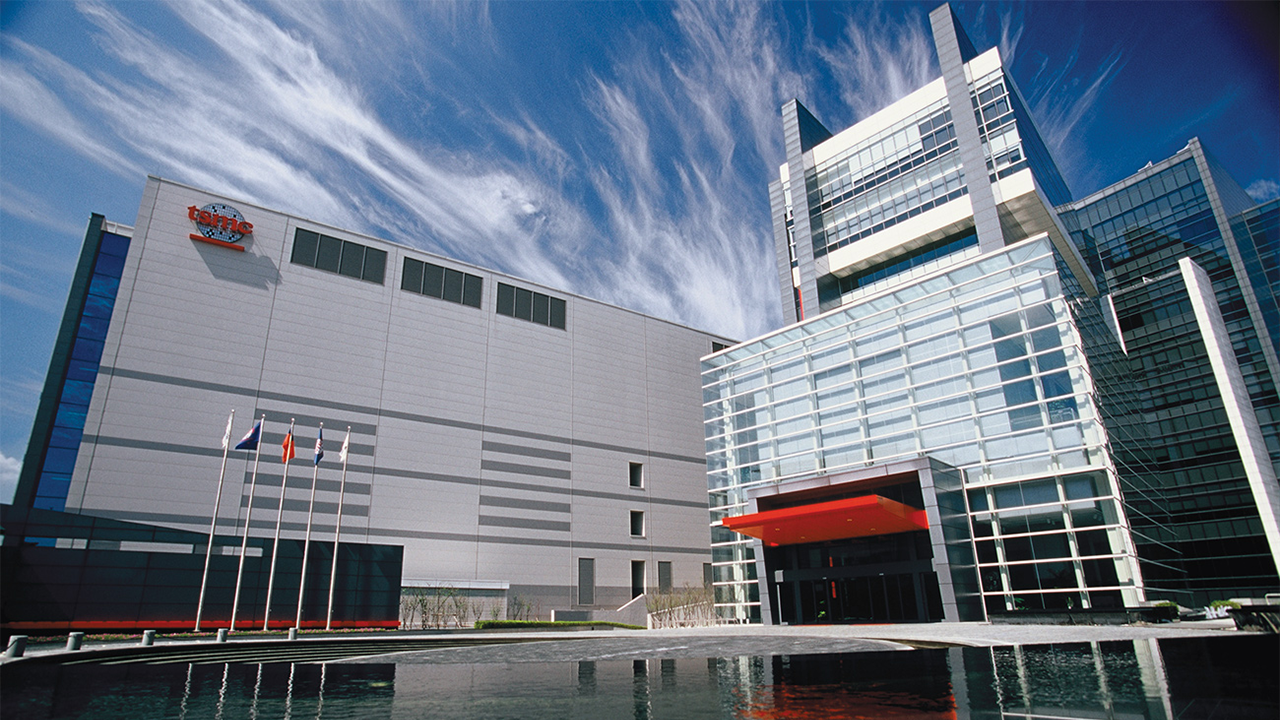
China and Japan have aggressively increased subsidies in the past year for chipmakers in general and TSMC in particular. The company's 2023 annual report indicates that the grants it received from Chinese and Japanese governments increased 6.74 times year-over-year. In total, TSMC got around $1.51 billion in government grants from China and Japan, which it used to build and equip its fabs, notes TrendForce.
"Subsidiaries such as JASM and TSMC Nanjing received subsidies from the governments of Japan and China, respectively, for local plants setup and operation, which were mainly used to subsidize the purchase costs of property, plant and equipment as well as partial costs and expenses incurred from plant construction and production," TSMC's annual report reads. "For the years ended December 31, 2023 and 2022, TSMC received a total of $NT$47,546 billion ($1.51 billion) and NT$7,051 billion ($224.1 million) as government grants respectively."
Japan played a crucial role in this increase, with the Japanese government providing substantial subsidies to TSMC's subsidiary Japan Advanced Semiconductor Manufacturing (JASM) for its new Kumamoto plant in Japan in a bid to rejuvenate Japan's semiconductor industry. TSMC's Kumamoto Fab has received full backing from both the Japanese central and local governments. This support has enabled construction of the fab to progress smoothly, with mass production expected to commence in the coming months.
Meanwhile, Japan is further increasing its support for TSMC by reportedly offering an additional ¥732 billion ($4.86 billion) in grants to build its second fab there.
Not much is known about how the Chinese government supported the expansion of TSMC's 28nm-capable fab in Nanjing, but the world's largest contract maker of chips did say that it had received support from the People's Republic.
By contrast, TSMC's operations in Arizona have encountered setbacks. The construction of TSMC's first new U.S. fab in years started in early 2021, with a grand tool-in ceremony held in December 2022, and production start scheduled for 2024. However, the timeline for the Fab 21 phase 1 has been pushed back to 2025 due to an alleged workforce shortage in the state. What's worse is that the company delayed equipment installation for Fab 21 phase 2 due to a lack of U.S. subsidies and uncertainties with demand. As a result, the Fab 21 phase 2, which is believed to be capable of making chips on 3nm-class technologies, will now come online in 2027 or 2028, significantly later than originally expected.







